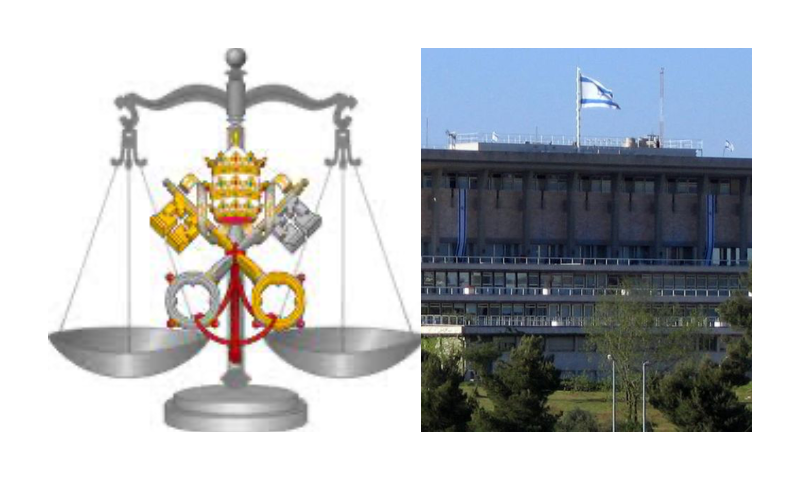Evelyn Gordon
Mosaic Magazine, Mar. 6, 2023
“Right now, both sides believe they can win. The government has the votes to pass its own plan as is; the opposition believes that the protests and pressure will force the government to fold.”
Anyone reading the press out of Israel these days would probably conclude that the country will soon cease being a democracy.
In January 2023, less than a month after taking office, Israel’s government unveiled a sweeping package of reforms to reduce the power of the nation’s Supreme Court, on the grounds that the court has undermined democracy by encroaching on traditional executive and legislative functions. The opposition, claiming that the reforms, not the court, are the true threat to democracy, responded almost immediately with massive protests. As the weeks have passed, the protests have intensified and spread beyond traditional opposition circles, and Israel has begun descending into chaos.
Where did this issue come from? Who is right? And what should Israel do now?
As someone who has written about the need to restrain the court’s excessive activism for three decades now—long before this became a partisan voting issue for many Israelis—in several major essays and dozens of shorter pieces, I consider most of these reforms not only within the bounds of normal democratic practice but in fact essential to bolstering Israel’s democracy. The current situation, in which half the public profoundly distrusts the Supreme Court, is Clearly untenable for any country that wants to remain a democracy; because courts are a crucial mechanism for resolving disputes peacefully rather than through force, if they are widely distrusted, resorting to force becomes more likely. Yet at the same time, some of the concerns raised by opponents are valid and deserve to be taken seriously. Given the universal conviction that Israeli society is at a breaking point, balancing these two imperatives is an urgent task.
There are two packages of reforms being mooted by the governing coalition. One package was written by Yariv Levin, a member of Knesset from the Likud party who is currently the justice minister, and another by Simcha Rothman, a member of Knesset from the Religious Zionist party who currently chairs the Knesset’s Constitution, Law, and Justice Committee. (Levin’s proposal was supposed to be the only one, but as a cabinet minister, he is barred from submitting legislation before it has been reviewed by the attorney general’s office, which has yet to approve it. To speed the process, Rothman began submitting his own similar but not identical legislation on behalf of his committee, since a Knesset committee can submit bills without the attorney general’s approval. Both men plan to negotiate a mutually agreed version during hearings by Rothman’s committee.) … Source


